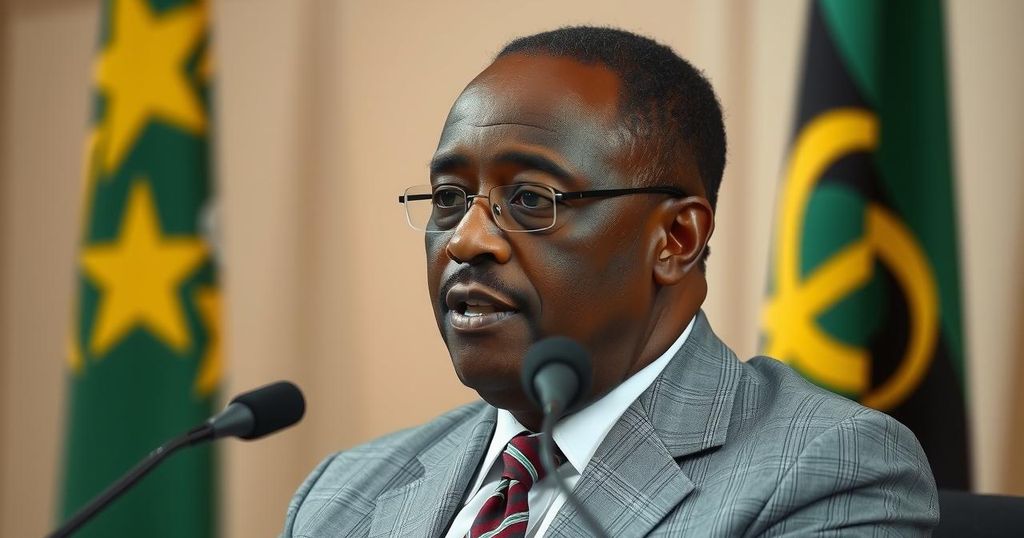Congolese President Denis Sassou Nguesso has reaffirmed his commitment to facilitating a Libyan-led political process aimed at achieving stability and reconciliation in Libya, following a significant visit to Tripoli and Benghazi. The discussions with Libyan leaders are directed towards organizing a national reconciliation conference, with Ethiopia proposed as a potential venue for finalizing agreements.
The Foreign Minister of the Republic of the Congo, Jean-Claude Gakosso, expressed appreciation for the advancements made by President Denis Sassou Nguesso in his capacity as chair of the African Union High-Level Committee on Libya. These efforts aim to foster stability and improved relations within Libya. Following President Nguesso’s significant visit to Tripoli and Benghazi, Gakosso emphasized the importance of continuing to work cooperatively with Libyan officials to ensure peace and prosperity through a Libyan-led political framework, facilitated by the African Union.
During his visit, which lasted over 48 hours, President Nguesso was received warmly in Benghazi, where he delivered a message of peace to Khalifa Haftar, a key figure in the eastern region known for its oil resources. This visit arrives at a critical juncture amidst ongoing internal divisions in Libya and external influences that hinder substantial progress towards stability.
Last Monday, President Nguesso and an African delegation engaged in discussions with Libyan leaders, including the Head of the Presidential Council, Mohammed Menfi, and Prime Minister Abdul Hamid Dbeibah, focusing on finalizing arrangements for an upcoming national reconciliation conference. During a joint press conference with Menfi in Tripoli, Nguesso proposed that the Ethiopian capital could serve as a venue for the reconciliation parties to formalize their agreement by signing a reconciliation charter in mid-February. He remarked, “Despite the lack of tangible indications of activating reconciliation, we believe that we are on the right path, and we are heading toward national reconciliation, which is necessary to move toward elections.”
This commitment to dialogue and collaboration indicates a strategic approach towards fostering unity and reinforcing the ongoing peace-building process in Libya.
The political situation in Libya remains complex, characterized by ongoing internal strife and external influences which continuously obstruct progress towards governance and stability. The role of the African Union, particularly through its High-Level Committee chaired by President Nguesso, is pivotal in promoting dialogue among Libyan factions. This initiative aims to reconcile various political entities and ultimately facilitate elections, underscoring the importance of a Libyan-centered process shaped by the country’s leaders and citizens.
In summary, President Denis Sassou Nguesso’s visit to Libya and his commitment to mediating a political process emphasizes the vital role of regional frameworks in achieving stability. The discussions held with Libyan officials indicate a concerted effort towards reconciliation, despite the prevailing challenges. The proposed timeline for the reconciliation charter highlights a path toward political evolution, with the involvement of the African Union serving as a crucial facilitator in this endeavor.
Original Source: libyaobserver.ly






